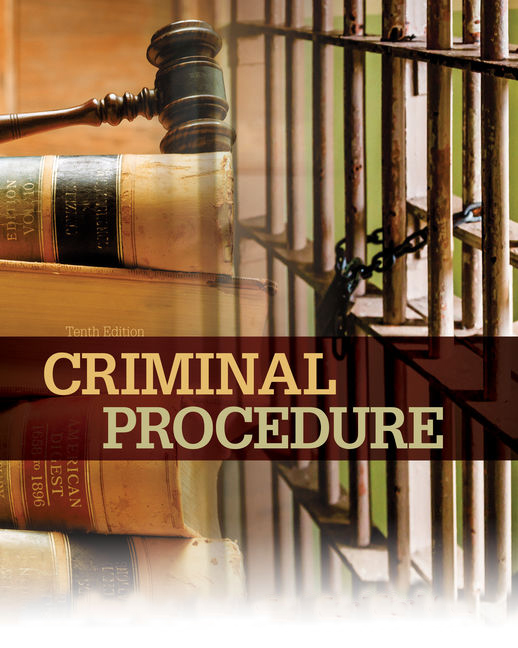Investigating authority needs to seek permission with the magistrate to investigate non cognizable offences under Section 155(2) of CrPC : Bombay HC
TITLE : Nitin Shivdas Satpute V The State of Maharashtra
CORAM : Hon’ble Justice Anil L Pansare
DATE : 22nd December, 2023
CITATION : CrWP. No 660 of 2022
FACTS
The petitioner is a librarian in a college and the 2nd respondent is the principal of the college. The allegation of the petitioner is that the respondent is a habitual user of abusive and filthy language against the staff of the college. The petitioner along with other staff had complained regarding the same to the vice chancellor. Being annoyed at such complaint, the respondent had called the petitioners to his chambers and abused him verbally and threatened him to murder the petitioner and passing derogatory comments against his wife. He then lodged a complaint against the respondent under Section 504 and 506 of IPC.
The petitioner before the magistrate pleaded that the offence in hand was put under the category of non-cognizable offence when the nature of the offence attracted cognizable offence under Section 200 of CrPC. The magistrate issued process against the respondent for offences under Section 294, 504 and 506 of IPC. The sessions judge set aside the order.
LAWS INVOLVED
Section 294 of IPC :
“294. Obscene acts and songs. – Whoever, to the annoyance of others –
(a) does any obscene act in any public place, or
(b) sings, recites or utters any obscene song, ballad or words, in or near any public place,
shall be punished with imprisonment of either description for a term which may extend to three months, or with fine, or with both
Section 155(2) of the Code of Criminal Procedure :
No police officer shall investigate a non-cognizable case without the order of a Magistrate having power to try such case or commit the case for trial
ISSUES
- Whether the sessions judge erred in claiming principal’s office is not a public place?
- Whether there is sufficient jurisdiction to seek for magistrate’s permission to investigate the offence.
JUDGEMENT
The court held that the principal’s chamber is a public place since it is situated in the campus building where the students, teachers and staff and other persons relating to the college have access to the building. Secondly, the derogatory remarks pertaining to the petitioners wife is regarded to be obscene in nature. The statement shames the dignity and modesty of the petitioner’s wife.
The court held that the sessions judge has erred in holding the position that no other person was present in the chambers when the incident occurred.
As far as the jurisdictional issue is concerned, the petitioner has two options to ensure an investigation is done under either Section 155(2) of CrPC or Section 200 of CrPC as the offence is non-cognizable nature. The court further held that in certain circumstances it is necessary to seek permission of the magistrate in investiagating non-cognizable offences under Section 155(2) of the code.
“PRIME LEGAL is a full-service law firm that has won a National Award and has more than 20 years of experience in an array of sectors and practice areas. Prime legal fall into a category of best law firm, best lawyer, best family lawyer, best divorce lawyer, best divorce law firm, best criminal lawyer, best criminal law firm, best consumer lawyer, best civil lawyer.”
Written by- Sanjana Ravichandran

